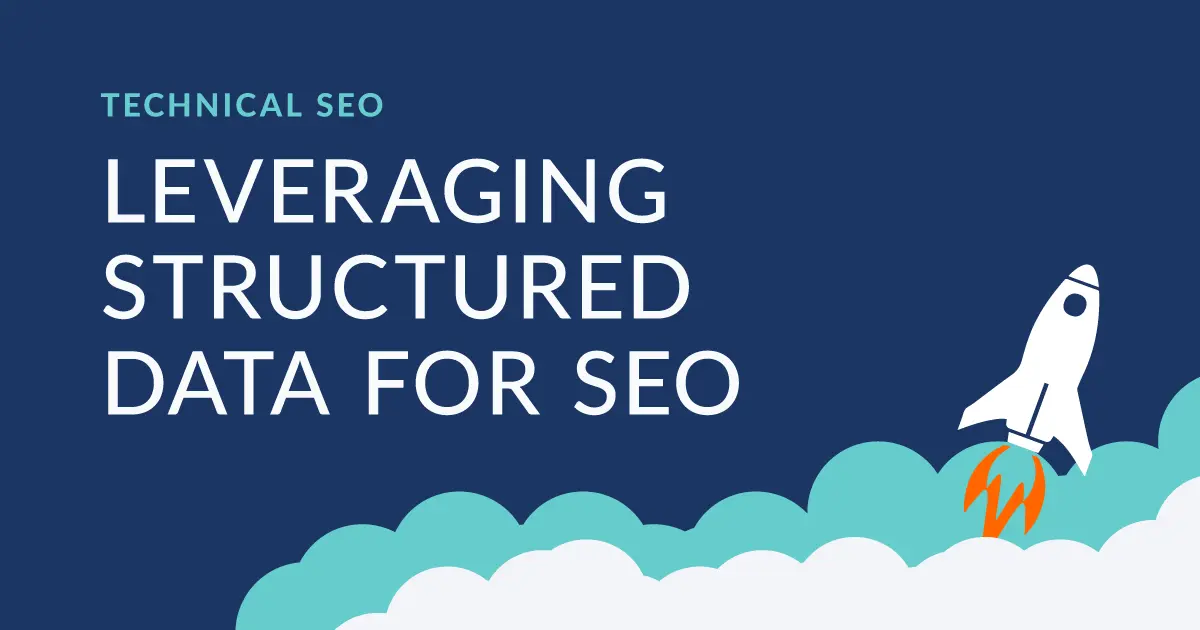Technical SEO

Embark on your journey with technical SEO to elevate your site’s performance. Through our guides, learn to optimize your website’s foundation for search engine success and discover key strategies to boost your online visibility.
In the event you are just embarking on your SEO journey, be sure to check out our Ultimate SEO Guide for Beginners – the perfect starting point for a deep dive into everything you need to know to boost visibility and performance.

The Impact of Page Speed Insights on SEO
This article delves into the critical impact of Page Speed Insights on SEO, offering practical steps for optimization, insights on evolving trends, and strategies to stay ahead in the fast-paced digital landscape of search engine rankings.Optimizing Core Web Vitals for Better SEO Performance
This comprehensive guide illuminates the significance of optimizing Core Web Vitals for enhanced SEO performance, offering practical strategies, professional insights, and the pivotal role of user experience in achieving superior website rankings and engagement.Frequently asked questions
You're not alone. Marketing is becoming increasingly complex, so it's natural to have questions. Check out our topical FAQ's for understanding and insight.
General
Technical SEO involves optimizing your website’s infrastructure to help search engines crawl and index it more effectively. This foundational aspect ensures your site meets the technical requirements of modern search engines for improved visibility.
It’s crucial because it ensures your website can be easily discovered, crawled, and indexed by search engines without any issues. Good technical SEO lays the groundwork for your site to rank higher in search results.
Site speed is a significant ranking factor. Faster websites offer a better user experience, reducing bounce rates and improving rankings. Tools like Google’s PageSpeed Insights can help you evaluate and improve your site’s speed.
A sitemap is a file where you provide information about the pages, videos, and other files on your site and the relationships between them. It’s crucial for SEO as it helps search engines better crawl your site. Creating and submitting a sitemap to search engines is highly recommended.
Crawl errors occur when a search engine tries to reach a page on your website but fails. You can identify crawl errors using tools like Google Search Console and fix them by ensuring the URLs are correct or implementing redirects for those that have moved.
Making your website mobile-friendly involves responsive design, fast loading times, and navigable structures on smaller screens. It’s important because a significant portion of web traffic comes from mobile devices, and search engines prioritize mobile-friendly websites.
HTTPS (Hypertext Transfer Protocol Secure) is an internet communication protocol that protects the integrity and confidentiality of data between the user’s computer and the site. Using HTTPS is crucial for security and is a ranking signal for Google, making it essential for SEO.
Duplicate content can significantly affect SEO by diluting link equity and causing confusion about which page to rank. Avoid it by using canonical tags to point search engines to the original content or ensuring your content is unique across your site.
Structured data is a standardized format to provide information about a page and classify the page content. Using structured data helps search engines understand your content better, potentially leading to richer search results (like featured snippets).
While backlinks are often considered an off-page SEO element, the technical aspect of how your website manages and optimizes these links can influence your SEO. Ensuring that the backlinks to your site are of high quality and relevance can support your site’s authority and ranking.
More SEO articles like this
Expand your business horizons
Need to create your FREE dashboard? Get started here








